
Everything we need to know about blood diseases
Sudden blood diseases are rare. Most of them are well known enough to be diagnosable and treatable, and all the physicians are well informed about them. Researchers are constantly investigating new advanced methods to treat different types of blood disorders and diseases.
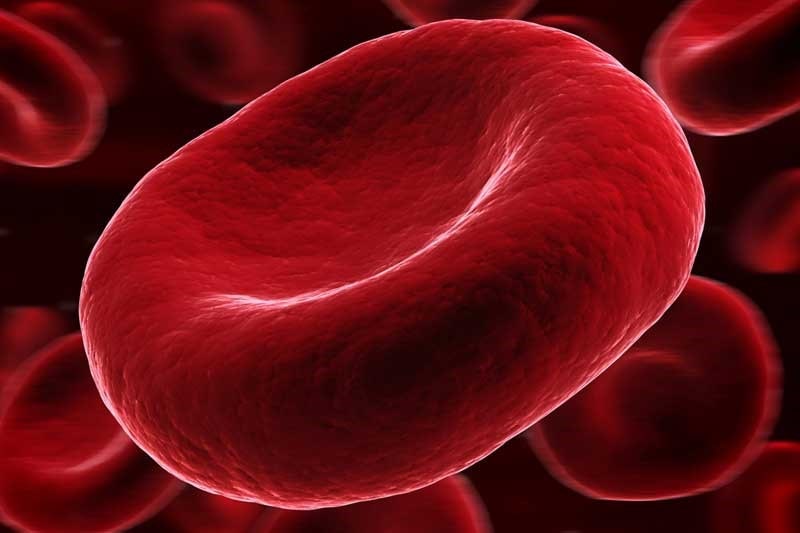
Blood diseases symptoms
A blood disorder can start with various symptoms, which some of them can be treated easily while others start to vary right after the start of treatment. These diseases have symptoms such as: joints swelling, internal bleeding, bruises, blood in urine and stool, bleeding for a long time after cuts and injuries, nose bleeding or loos of joints flexibility.
Causes of blood diseases
Several factors can cause blood diseases. Those individuals who go through chemotherapy or radiation therapy, usually get blood disorders due to reactions to chemicals. Excessive exposure to chemicals, pregnancy complications, virus infections, chromosomal complications and inheritance, often can lead to blood disorders. However, nearly half of them cannot be attributed to a specific reason.
Blood diseases diagnosis
Blood test and bone marrow analysis are two of the most common ways for blood diseases diagnosis. Some blood disorders which are inherited from family, can also affect infants in mother’s womb. Some of the blood disorders cannot be diagnosed until after their symptoms appear. Blood tests can assess the ability of blood clotting, number of platelets, the number of white blood cells, proteins, antibodies and blood concentration to determine whether a blood disorder exists or not.
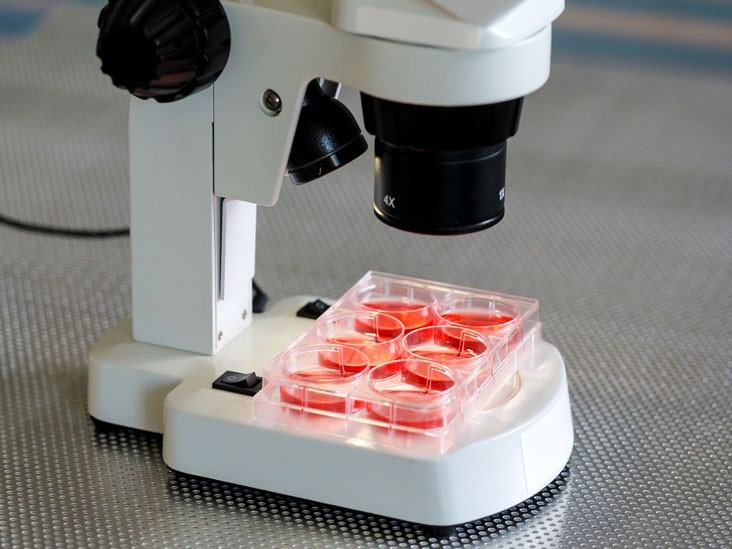
Blood diseases side effects
Blood disorders can lead to some serious complications, such as: fatigue, internal bleeding, joint damages, infection, undesirable treatment response and inability to fight against infection. These are only a few examples that we mentioned here. Blood meets the body’s basic needs. Based on the type of disorder, body can lose its functionality and organs can get damaged.
Blood diseases treatment
There are several treatment options for blood diseases. For some of these diseases, treatment is so important that actions have to be taken immediately. Anemia can be treated with Iron suplement, after the elimination of infection. Aplastic anemia is usually treated by blood transfusion.
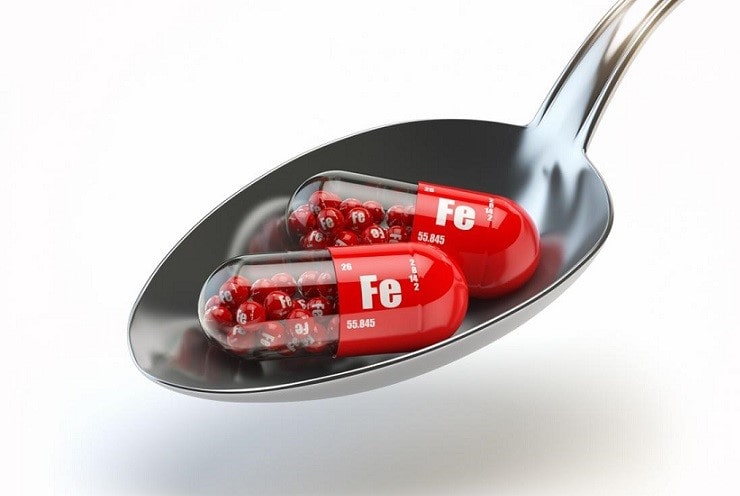
Immunosuppressant can treat any blood disorder related to autoimmune, while hormonal infusion and plasma infusions can also be a treatment option for Hemophilia. Bone marrow transplants, bone marrow stimulants, antibiotics and chemical engineering blood products also can provide options for treating various blood disorders.
Preventing blood diseases
Most of the blood diseases weaken the immune system. Blood disorders can prevent the individual’s body to fight against disease or infections effectively. Keep children away from playing normally as well as adults from having a healthy normal life. A constant feeling of fatigue is an outcome of these type of diseases.
Healthy nutrition, enough rest and a supportive environment play important roles in coping with blood disorders. Thanks to recent improvements in treatment options and researches which have been conducted related to these diseases, patients can have a better procedure. Exercising is always a positive action, however in some blood disorders, individuals should prevent exercising. Dental care is very important in those patients who are infected seriously.
Summary:
Some of the blood disorders can cause high blood concentration which is mainly due to an increase in number of immune associated proteins, red blood cells, white blood cells or platelets. Blood disorders can mainly cause symptoms including: respiratory failure, bleeding, swelling and …, all of which need to be treated. having a healthy and correct lifestyle can play an important role in preventing these types of diseases, however some of them are inherited and basically rooted in genetics.


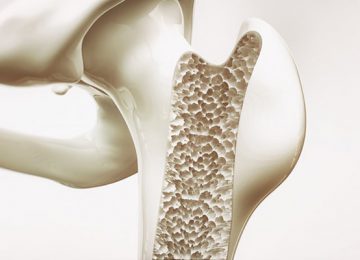



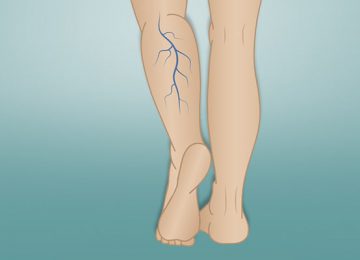




Reviews
Number of pending reviews15255